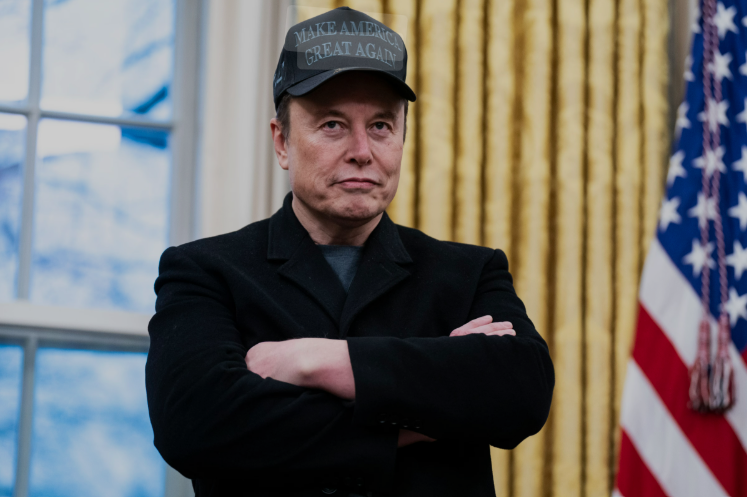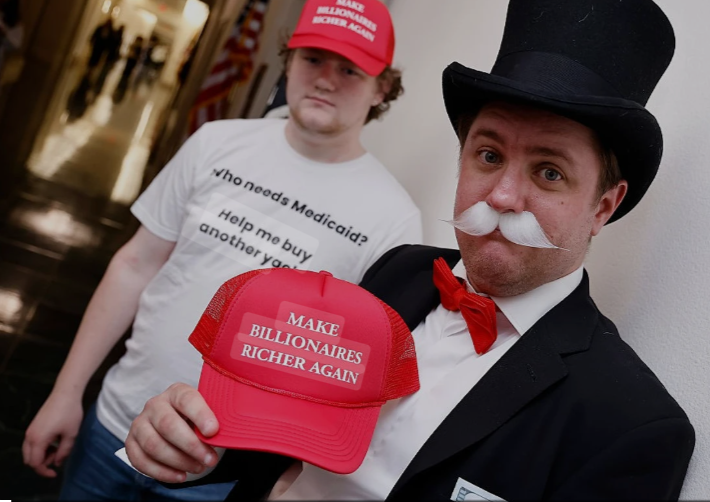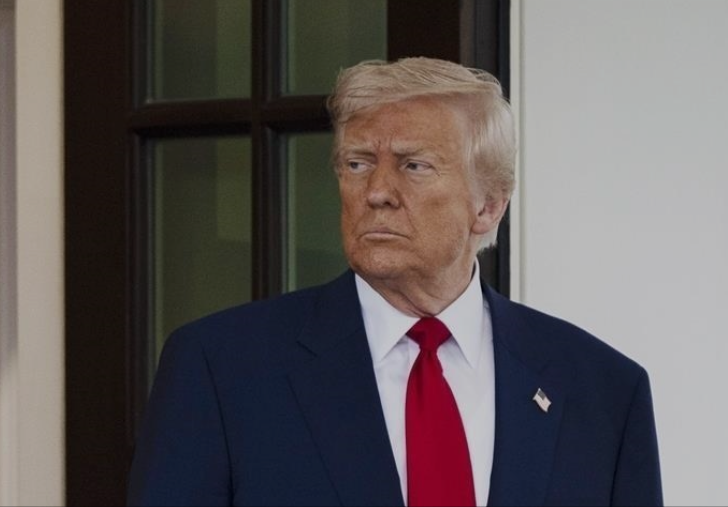The Trump administration is once again raising serious concerns over conflicts of interest, this time by reportedly leveraging international tariff threats to steer business directly to billionaire Elon Musk—a top donor to Donald Trump’s 2024 presidential campaign. According to newly revealed State Department documents obtained by The Washington Post, countries facing punitive U.S. tariffs appear to be under pressure to sign commercial contracts with Musk’s satellite internet firm, Starlink.
One such country is the small African nation of Lesotho, which signed a deal with Starlink shortly after Trump imposed a sweeping 50% tariff. Lesotho, with a population of just over 2.2 million and an economy ranked 164th globally by the World Bank, is hardly in a position to withstand economic retaliation from the United States—the world’s largest economy. Facing pressure, Lesotho’s government viewed the Starlink contract as a gesture of goodwill to smooth negotiations and appease Trump-era trade demands, according to internal U.S. diplomatic communications.
Starlink, operated by SpaceX under Musk’s leadership, has received billions in U.S. taxpayer-funded government contracts over the years. Its recent expansion into developing nations appears not only commercially strategic but also politically influenced by the Trump administration.
The scope of this troubling pattern doesn’t stop with Lesotho. Other nations reportedly pressured into similar deals with Starlink include India, Vietnam, Bangladesh, Somalia, Pakistan, and the Democratic Republic of Congo—all of which are navigating trade tensions or seeking improved diplomatic standing with Washington. Internal memos show Secretary of State Marco Rubio directing U.S. officials to prioritize regulatory approvals for Starlink operations in these countries, further blurring the line between foreign policy and private business enrichment.
One Indian government source, briefed on the ongoing negotiations, described the Starlink deal as “an important lubricant that facilitates a broader agreement with the U.S.” These revelations come on the heels of Musk donating at least $288 million—some of it funneled through opaque political action committees—to help elect Trump and other Republican candidates in 2024. Since then, Musk has taken on a formal role within Trump’s administration, leading the so-called Department of Government Efficiency (DOGE).
However, under Musk’s leadership, DOGE has been widely criticized for weakening government institutions, dismantling federal protections, and undermining basic services for working-class Americans. Public opinion of Musk has plummeted as voters learn more about the influence his wealth wields over U.S. policy—and the profits he’s reaping in return.
Meanwhile, average Americans are paying the price. Trump’s steep tariff strategy has driven up consumer costs on everyday items such as flowers, video games, board games, and toys. During a recent appearance on NBC’s “Meet the Press,” Trump dismissed concerns over rising prices, saying: “I don’t think that a beautiful baby girl—that’s 11 years old—needs to have 30 dolls.” His comments reflect a growing disconnect between Trump’s rhetoric and the economic burden facing American families.
At the same time that tariffs are inflating household costs, Republicans in Congress are actively working to cut social safety net programs while proposing further tax breaks for the ultra-wealthy—including Musk himself. Critics argue that this creates a two-tiered economic system: one in which the rich benefit from government favoritism while working families bear the brunt of its policies.
What’s becoming increasingly clear is that the Trump administration has turned the machinery of government into a profit engine for one of the world’s wealthiest men. From regulatory handouts to international arm-twisting, the White House appears more committed to enriching Elon Musk than to serving the interests of the American people.



